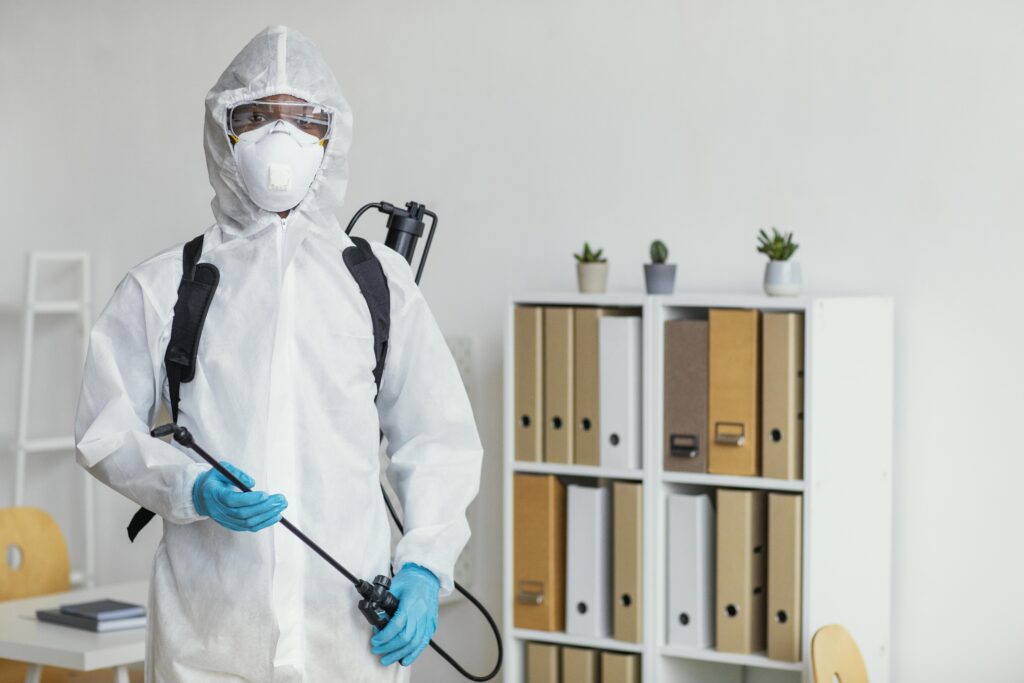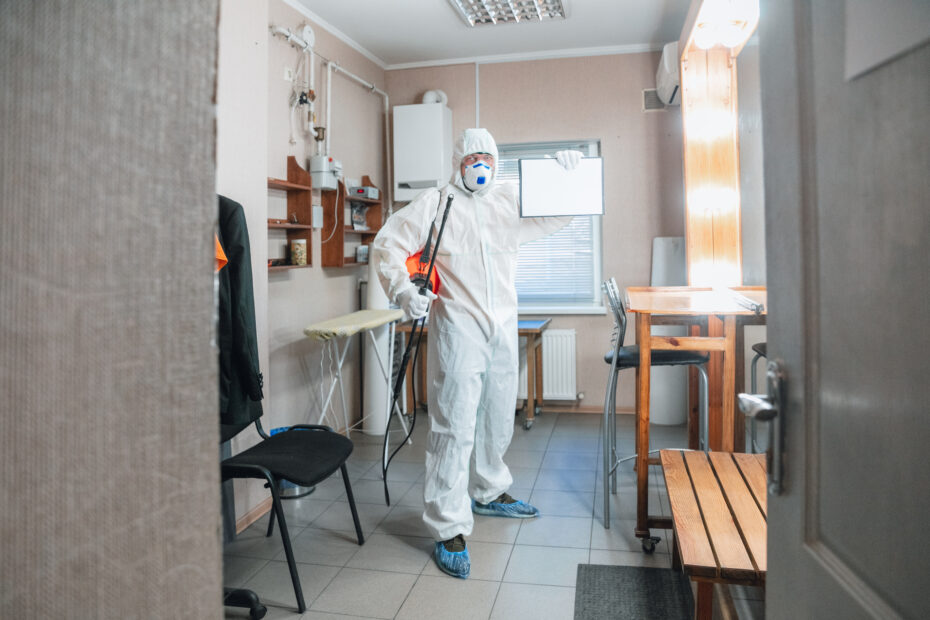Living in tune with nature sometimes entails coexisting with bugs that inhabit our homes. Understanding the life cycle of common household pests is essential for successful pest control. This blog delves into the complex world of insect life phases, shedding light on domestic bug cycles and the lifespans of infamous pests.

Importance Of Pest Life Cycle Knowledge
Understanding pest life cycles is critical for effective pest management since it allows for focused actions during susceptible times. This knowledge allows for prompt and efficient control measures, lowering the danger of infestations and selecting the best pest control service for your home. Overall, understanding insect life cycles improves precision in pest treatment, supporting sustainability and environmentally beneficial techniques.
Life Cycle Phases Of Common Household Pests
Egg Stage: The Beginning
The life cycle of common household pests begins with eggs, frequently laid in inconspicuous spots. Understanding the earliest stage is critical for early detection and intervention. Effective pest management starts with disturbing the egg stage, which prevents future growth.
Larval Stage: A Time of Growth
Larvae grow significantly and eat a variety of materials. Understanding this stage is critical for controlling pests like beetles and moths. Implementing actions during this phase can help to prevent widespread infestations.
Pupal Stage: Metamorphosis Unfolds
Pupae are undergoing metamorphosis. This stage is crucial for pests such as mosquitos and flies. Targeting pupae can disrupt the life cycle of common household pests, reducing adult populations.
Adult Stage: Reproduction and Infestation
Understanding adult behaviour is critical to limiting reproduction and infestation. Effective pest control at this stage prevents egg laying, disrupting the insect life stages cycle of household bugs and reducing future generations.
Common Pests And Their Life Spans
Cockroaches
Cockroaches, noted for their tenacity, have the most diverse life cycle of common household pests. Recognizing and managing each stage is critical for overall control and preventing rapid population expansion.
Ants
Ants form colonies that include queens, workers, and drones. Understanding their intricate life cycle helps to disrupt the colony’s reproduction cycle and reduce infestations.
Bed Bugs
Bed bugs are adept at hiding and have a discrete life cycle. Identifying and addressing their various stages is critical for eradicating and preventing recurrence.
Rodents
Rodents, which breed prolifically, require focused interventions at all stages of their lives. Controlling reproduction and applying preventive measures are critical for efficient rodent management. Must Read: Guide to Choosing the Right Pest Control Service for Your Home
Pest Control Strategies Aligned With Life Cycles
Biological Pest Control
Biological pest control employs natural enemies, such as predators or parasites, to control pests. When choosing a pest control provider for your house, consider those that use eco-friendly methods to promote a more sustainable solution.
Chemical Pest Control
Chemical pest control uses chemicals to minimize pest populations. When selecting a St. Louis pest control service for your house, be sure the chemicals used are efficient against the target pests and are appropriately applied to reduce environmental damage.
Cultural Pest Control
Cultural pest control involves making the environment less inviting to pests via crop rotation and adequate waste management. Consider pest control services for your house that provide advice on cultural practices to prevent pest infestations.
Mechanical Pest Control
Mechanical pest control employs physical methods such as traps and barriers. Consider pest control services for your house that use mechanical approaches, mainly when dealing with localized or specific pest problems.
How Long Do Common Household Pests Live?
Are you curious about the life cycle of common household pests? Here is a basic rundown of common pests and their life spans:
Cockroaches, a few months to over a year; ants, a few months for workers, many years for queens; flies, a few weeks; spiders, a few months to a couple of years; and mice, up to a year in the wild but probably less indoors. Keep things tidy, and their stay may be shorter than you expect!
Wrap Up
Understanding the life cycle of common household pests is not just about knowledge but about taking proactive steps to safeguard your home. As your reliable St. Louis pest control partner, Unitech Pest Control and Termite Services is fully committed to offering comprehensive solutions tailored to each pest’s specific life cycle stages. Our expertise ensures not just the eradication of current infestations but also the prevention of future invasions. Don’t let pests dictate the comfort and safety of your home. Reach out to Unitech Pest Control today and embrace a pest-free environment where peace of mind reigns supreme.


